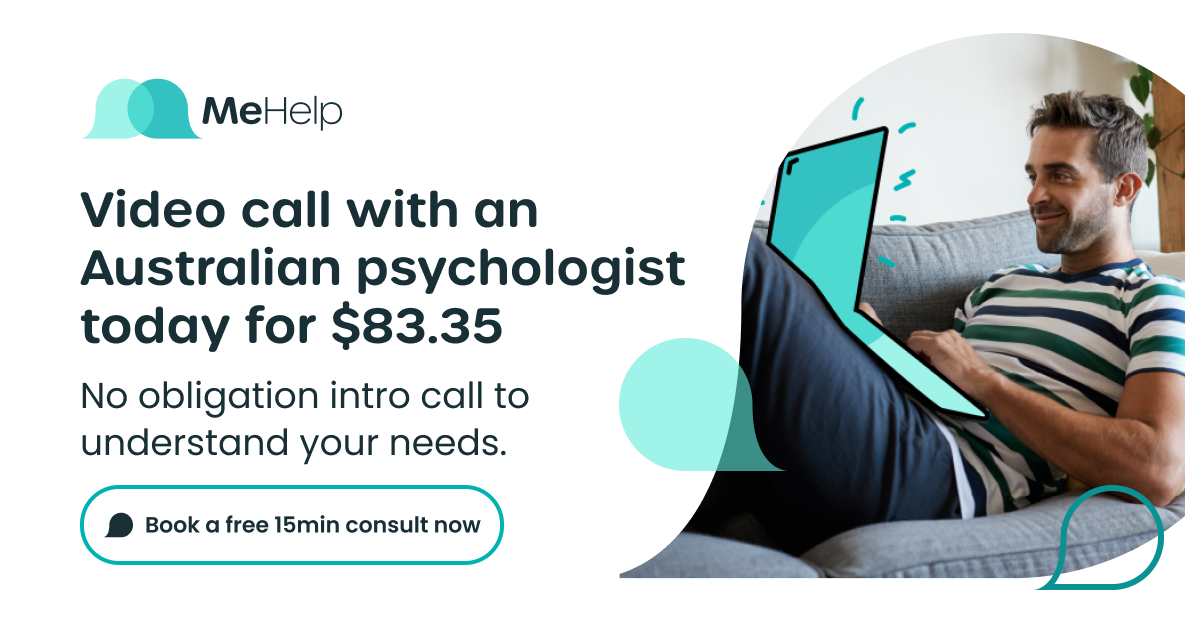Post Traumatic Stress Disorder (PTSD) and Complex PTSD: Understand, Heal and Reclaim Your Life
Post Traumatic Stress Disorder (PTSD) and Complex PTSD (CPTSD) are mental health conditions that can develop following exposure to traumatic events. These conditions affect how people think, feel and function after surviving or witnessing events that were frightening, threatening or overwhelming.
Trauma can result from a single incident or from prolonged and repeated exposure to distressing experiences. While not everyone who experiences trauma develops PTSD or CPTSD, for those who do, the effects can be significant. With the right support, recovery is possible.
What is PTSD and How is it Different from CPTSD
PTSD can develop after a single traumatic event such as a car accident, assault, natural disaster, military combat or sudden loss. It is marked by:
- Intrusive memories or flashbacks
- Nightmares or distressing dreams
- Avoidance of reminders or situations connected to the trauma
- Heightened alertness or being easily startled
- Difficulty concentrating or sleeping
- Strong emotional or physical reactions when reminded of the trauma
CPTSD is a related condition that can develop after prolonged or repeated trauma, often during childhood or in settings where escape was not possible. Examples include ongoing abuse, domestic violence, exploitation or war. In addition to the symptoms of PTSD, CPTSD may involve:
- Deep feelings of shame or worthlessness
- Difficulty managing emotions or impulses
- Chronic feelings of emptiness or numbness
- Persistent difficulties in relationships and trust
- Distorted beliefs about the self and others
- A sense of being fundamentally damaged or broken

What Causes PTSD and CPTSD
These conditions arise when the brain and body remain in a state of threat long after the danger has passed. The trauma response is not just psychological—it affects the nervous system, memory processing, emotional regulation and sense of safety.
Risk factors include:
- Severity or duration of the trauma
- Lack of support following the trauma
- Pre-existing mental health conditions
- Repeated exposure to traumatic events
- Early childhood trauma or neglect
- Social or cultural barriers to accessing help
In Australia, PTSD affects around one in twenty people in any given year. It is more common in first responders, military personnel, refugees, survivors of abuse and people exposed to natural disasters or accidents.
Myths about PTSD and CPTSD
Myth: Only soldiers or first responders develop PTSD
Truth: Anyone can develop PTSD or CPTSD after trauma. This includes survivors of accidents, abuse, illness or grief.
Myth: People with PTSD are dangerous or unstable
Truth: This stigma is harmful and untrue. Most people with PTSD are coping with internal distress and deserve compassion and support.
Myth: Trauma only affects people who are weak
Truth: PTSD and CPTSD have nothing to do with strength or weakness. They are human responses to overwhelming events.
Why Seeking Help Matters
Untreated PTSD or CPTSD can affect every area of life, including relationships, work, physical health and emotional wellbeing. However, evidence shows that timely, trauma-informed care leads to meaningful recovery.
Support can help you:
- Reduce flashbacks, nightmares and panic symptoms
- Rebuild a sense of safety and control
- Process and reframe traumatic memories
- Improve emotional regulation and self-worth
- Strengthen trust and relational connection
- Re-engage with life in a meaningful way
How MeHelp Psychology Can Assist You
Our psychologists are trained in trauma-informed care and evidence-based treatments for PTSD and CPTSD. We offer a safe, supportive space to explore your experiences and work toward healing.
Our services include:
- Trauma-focused Cognitive Behavioural Therapy (CBT)
- Eye Movement Desensitisation and Reprocessing (EMDR)
- Narrative Therapy to reprocess traumatic stories
- Stabilisation techniques for emotional regulation and safety
- Mindfulness and grounding strategies for flashbacks or dissociation
- Support for identity rebuilding and relationship repair
- Therapy tailored to childhood trauma and attachment wounds
Real-Life Example
Tina, 38, experienced childhood emotional abuse and multiple adult traumas. She struggled with nightmares, trust issues and a persistent sense of shame. With the support of a MeHelp psychologist trained in EMDR and trauma-informed care, Tina began to process her experiences, improve emotional regulation and slowly re-establish safe connections. She now describes herself as healing, rather than broken.
Practical Steps You Can Take Today
- Know that your reactions are valid and understandable given what you have experienced
- Practise grounding exercises when overwhelmed, such as focusing on your breath or using your senses
- Avoid self-blame and remember that recovery takes time
- Reach out to trusted support people or services
- Set gentle boundaries to protect your emotional space
- Consider trauma-informed therapy if symptoms are interfering with your life

Frequently Asked Questions (FAQs)
Can PTSD or CPTSD go away on its own?
Some people recover with time and support, but for others, symptoms persist. Therapy is highly effective and can significantly improve quality of life.
Is therapy online effective for PTSD and CPTSD?
Yes. Many people find online therapy helpful, particularly when it is structured and supported by trauma-informed clinicians.
Do I need a formal diagnosis to get help?
No. If you are experiencing distress or symptoms that affect your daily life, you can access therapy whether or not you have a diagnosis.
Can childhood trauma cause CPTSD later in life?
Yes. Repeated or chronic trauma in childhood is a common cause of CPTSD and often affects adult relationships, identity and emotional regulation.
Take the First Step
Your trauma does not define you. With care, safety and evidence-based support, it is possible to move beyond survival and into healing. You are not alone.
Book a confidential session with MeHelp Psychology today and begin your path toward recovery, strength and renewed hope.
Are you ready to speak to an online psychologist?
Our caring team are ready to help you. Contact us today to book your 15-minute consultation (at no cost, and no obligation) at a time that is convenient to you. You can be speaking to a psychologist online quickly.
Get Started